The-Impact-of-Bitcoin-on-The-Global-Economy
Hello everyone, have you guys ever thought how bitcoin is making a positive impact in improving the global economy. Taking economy as a whole. So lets get started I'll share the link to official article below so that you can dig more about it.it has everything related how bitcoin works all about its regulations i different countries what's their impact.
The Impact of Bitcoin on The Global Economy is a emerging trend, Bitcoin has firmly made it to the mainstream. At one time, few people have thought that Bitcoin is only an obscure hobby or a pipe dream that will die out in the next few years. But today, the story is quite different. You can see that Bitcoin has now become a real investment opportunity and is making its way to create a severe impact in the world.
This popular type of cryptocurrency gained a lot of attention when its price hiked from around 572.3 USD in August 2016 to approximately 4,764.8 USD in August 2017. It makes up about 64.01% of the total value of all cryptocurrencies as of 9 March 2019 with more than 7.1 million active users.
As Bitcoin is designed to transform the existing financial system and remove finance intermediaries, it has the strong potential to affect the global economy. It can function both as a safe-haven asset in some cases.
In some way, it’s an alternative method to the global financial system. Banking sectors, investors, governments, and companies have taken a real-time interest in this type of cryptocurrency.
Here’s the comparison between bitcoin and other currencies (gold and fiat money) to give you a better understanding on why this digital currency is something worth talking about.
How Bitcoin Transforms Global Economy
The story of Bitcoin is indeed just getting started, but it’s already transforming the global economy. In this matter, it becomes crucial to know how it will shape the global economy and market in the coming years. Here are some visible impacts of Bitcoin on the worldwide economy.
Shifts in Global Investments
Many investors are now adding cryptocurrencies, particularly Bitcoin, into their portfolios. This is most likely because bitcoin allocation higher their chances to improve portfolio upside. Take a look at the chart below:
In the chart above, VanEck reports that: “a small allocation to bitcoin significantly boosts the cumulative return of a 60% equity and 40% bonds portfolio allocation mix while only minimally impacting its volatility.”
On the other hand, some experts are having an ongoing-concern about the Bitcoin collapse that can spark a global financial crisis. But, at the end of the day, investors see cryptocurrencies as a hedge against inflation.
Separates Transactions from the Dollar
Cryptocurrencies do not require any connection to the U.S. dollar. The involved parties of a financial transaction are given another avenue to participate in the global economy while, at the same time, circumventing U.S. economic policies.
Even though it might seem like a threat to the government because the U.S. dollars act as the reserve currency for the global economy (which is the primary source of US’ global power), it enables more international transactions.
Eliminates the Need for Middlemen
Bitcoin as a whole is inherently designed to allow peer-to-peer electronic transactions between counterparties without the intervention of any third party. It does not require an intermediary, or a go-between, unlike the traditional currency. Transactions are validated in a decentralized fashion.
This fact has made banking institutions anxious, as it eliminates the need for their service. What’s more, transacting through cryptocurrencies is much quicker as it doesn’t have to pass through multiple hands.
Encourages More Overseas Transactions
Since lots of people living in countries around the world with weak economies still don’t have a bank account, Bitcoin comes in handy to engage them with the global internet economy.
That way, people who live in typically less developed countries have a chance to connect with the internet economy. All that is needed is a digital wallet to make transactions anywhere in the world.
In the last three months of 2020, each day saw an average 287,492 confirmed Bitcoin transactions worldwide.
The transaction it’s quite fast, transparent, confidential, and secure. Also, the transaction fees may be much more affordable than in conventional payment systems (credit or debit cards)
Reduces High Reliance on Fiat Money
As a decentralized currency, Bitcoin is free from any economic and political issues that often can affect traditional currencies. That’s where Bitcoin is designed to be a digital currency that can be an alternative for authorized or fiat money.
Today, customers have become more reliant on digital transfer (as it’s convenient in the sense of transaction speed) as a handy means to pay for products and services. Using Bitcoin as a payment method can reduce the reliance on traditional or authorized money.
What is more interesting is that the people who have already dabbled in Bitcoin believe that their virtual cash enjoys the same level of security as authorized money.
Regulation of Bitcoin
Now that Bitcoin has become ubiquitous, both national and regional authorities prompt to grapple with their financial regulations. In this matter, central banks are working hard to put this ad hoc financial system under control. It can lead to laws specifically addressing this cryptocurrency and speculative bubble that Bitcoin will potentially cause.
Different countries have different approaches to cryptocurrency, some of them (Algeria, Bolivia, Morocco, Nepal, Pakistan, and Vietnam) ban any or all activities involving Bitcoin.
In contrast, some others use it as a means of payment. For example, in the U.S.A, Canada, Australia, the European Union accepts cryptocurrencies, including Bitcoin, as a means of payment even by government agencies.
For more insights about regulation of bitcoin in each countries, take a look at the map below
Removes Barriers to Entry and Emerges New Market
Bitcoin established a global decentralized transaction network that eliminates the necessity of any centralized institutions for currency issuance and settlement. In this case, it has opened the door for a new kind of market and opportunities where no authority or individual controls the money market.
So, rather than persuade the venture capitalists, banks, and other financial institutions for their prospective project, they can bypass the regulations and authority through Initial Coin Offerings (ICO). With ICO, startups and small businesses around the world can sell some of their coins to get their business off the ground.
Opens Access to a Credit System
Bitcoin enables unbridled access to a reliable credit system since it’s a type of unregulated digital currency that’s based wholly on data. If the price remains stable for an extended period, it’ll be able to bridge people who are isolated from global merchants continuously.
Thus, it will open new markets as well as new opportunities that can contribute to sustainable and inclusive growth in the global economy. What’s more interesting is that Bitcoin does not require any pricey fees for transactions, which makes it much more appealing for its users and people who are considering using it.
Starts New Era of Crowdfunding
Talking about Bitcoin and cryptocurrencies isn’t complete without mentioning ICOs. In 2017, it was the talk of the technology town as it has become the leading crowdfunding method for blockchain-based startups. This new method of crowdfunding allows companies or organizations to raise capital in the form of cryptocurrencies.
From the cart above, CB Insights reports that over 5x more capital deployed in ICOs compared to the equity financings to blockchain startups in 2017. At the end of 2017, the number jumped to a whopping 7x.
What happens in ICO crowdfunding is that the investors buy cryptocurrency coins that represent shares in the project, just like how the stock market works. Hence, the shares have the potential to increase in worth if the company does well. It’s referred to as crypto equity crowdfunding.
This new era of crowdfunding is crucial in helping inventors, entrepreneurs, and creators improve the world, including creating a sustainable economy.
Changes on the International Remittances Industry
Overseas remittance drives economic growth in emerging economies. That way, many people around the world work overseas and regularly send money to their families and loved ones in their home country.
At present, this money has to be managed by intermediaries, including banks or other money transfer services that charge high costs for transaction fees. Also, the transaction process is so slow and takes several days before the receiving party can access the funds. In this matter, Bitcoin comes as a game-changer.
Bitcoin can instantly be transferred across the globe securely. It makes the overseas remittance process a lot easier, cheaper, and more secure. Today, at least 11 Bitcoin providers have already started foreign remittance services, including Ribbit, BitPesa, and Abra
Environmentalism
Every coin has two sides, so does Bitcoin, so to speak. Other than the direct and straightforward impact that Bitcoin gives to the global economy, it also impacts the environment– in a not-too-subtle way.
Bitcoin mining requires a sophisticated software and hardware infrastructure system, and it reportedly accounts for a more significant deal of energy than the entire world uses today.
It takes at least a staggering 77 TWh (Terawatt-hour) each year to operate the computers and networks that power Bitcoin operations.
With more and more people dabbling in the Bitcoin network and trying to mine it, this insane amount of energy will still have the potential to increase.
In such cases, environmental law and regulatory framework will have to be created to address energy consumption related to bitcoin mining.
Bitcoin in the Global Economy: A Global Reserve Currency?
As the most well-known and highly-valued types of cryptocurrencies, Bitcoin has already allowed many investors (including individuals, businesses, and governances) to grow and flourish. At the same time, many also rely heavily on trading as their primary source of earnings.
In this matter, the global economy is gradually and steadily changing to adapt to these needs– and Bitcoin surely has a high potential in providing them. So, it’s safe to say that Bitcoin propels economic growth throughout the world by providing much easier access to capital and financial services, especially in developing countries.
Despite the great potential that Bitcoin has for the global economy, Bitcoin can’t easily be a replacement for authorized money and be used as the base currency for the whole economy. That’s what the World Economic Forum 2018 in Davos concluded.
For it to happen, this digital currency needs to make impressive progress in some crucial areas. Meanwhile, Bitcoin’s value that has been historically quite volatile is a factor that just can’t be ignored.
Even if regulators embrace and accept bitcoin as fiat currency, deflation and any other factors will hinder the development of the cryptocurrency economy. That’s why today, people are most likely still using Bitcoin to earn some profits on their fiat money rather than conventional exchange.
Bitcoin In a Black Swan Event
According to some, Bitcoin is now facing its first-ever big challenge after it was established in 2008.
Bitcoin rose approximately 87% in 2019, and it had been having a very smooth 2020 until mid-February 2020. At the end of the month, this cryptocurrency collapsed by almost 15%. This crash comes as global stocks go into meltdown due to the COVID-19 (coronavirus) spreading around the world.
That’s not going to give the investors a lot of confidence. Apparently, Bitcoin is not the only cryptocurrency that is being dragged down by the global financial market’s ongoing instability. Other cryptocurrencies aren’t also doing any better amid the coronavirus rout.
However, on March 16, Tim Draper, a Bitcoin bull and billionaire investor, is still optimistic about the future of the cryptocurrency. He stated that “When the world comes back (from the crisis), it will be Bitcoin, not banks and governments, that save the day.”
That’s because he believes that the combination of Artificial Intelligent (AI), blockchain-powered smart contracts, and bitcoin is such a perfect way for an insurance company.
So, despite its sharp drop for the past few weeks, some still have confidence in bitcoin to completely transform all the industries from banking to healthcare and real estate, in the times of the recovery of the ongoing global financial crisis. After all, Bitcoin is, despite its high volatility, consistency in inconsistent times.
I have shared all the important points in the above description if you want to get further information head over to this LINK
This article is written by Andre Oentoro is the founder of Breadnbeyond, an award-winning explainer video company. He helps businesses increase conversion rates, close more sales, and get positive ROI from explainer videos (in that order).
Twitter: breadnbeyond
The sole purpose of sharing this article is to share more information with The PH Community members and i hope you all will like it.
Ps- It is a steem only post, hence not shared on any other blockchain
20% of the post reward goes to @ph-fund to support @project.hope
If you are interested in joining Project HOPE then you can head over To this LINK For further detailed information, Start your day with HOPE

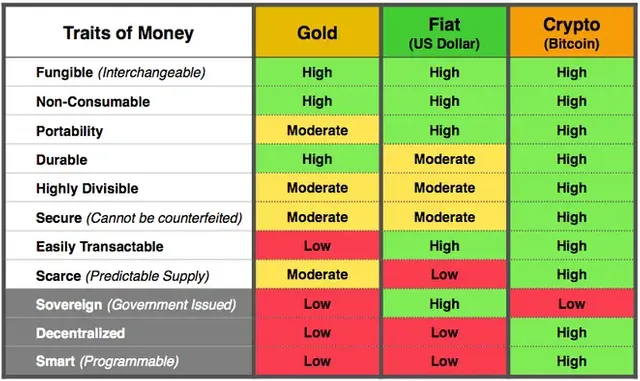
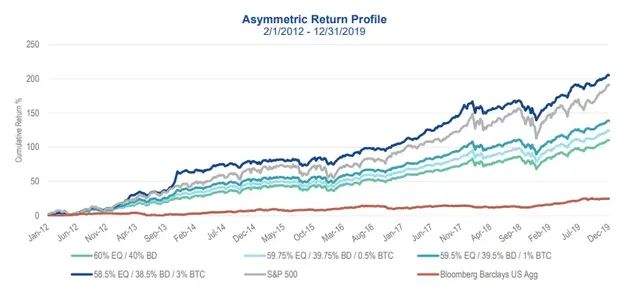
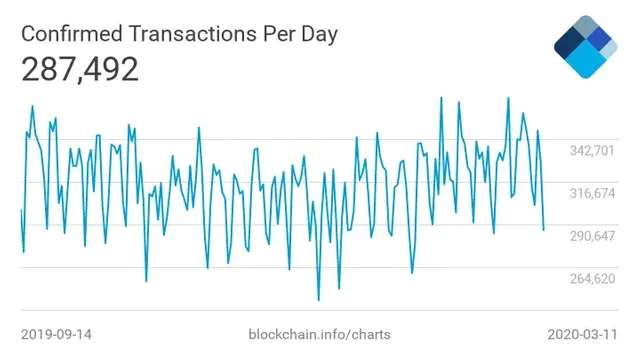
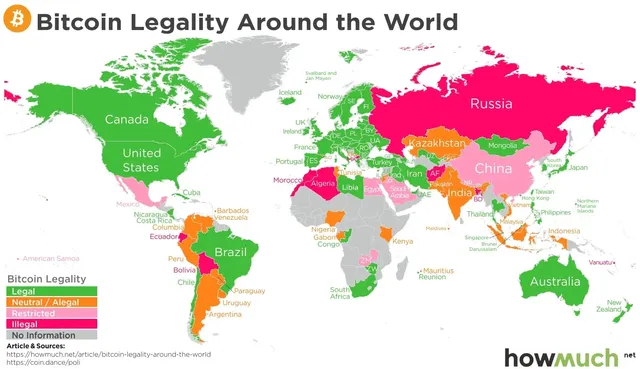
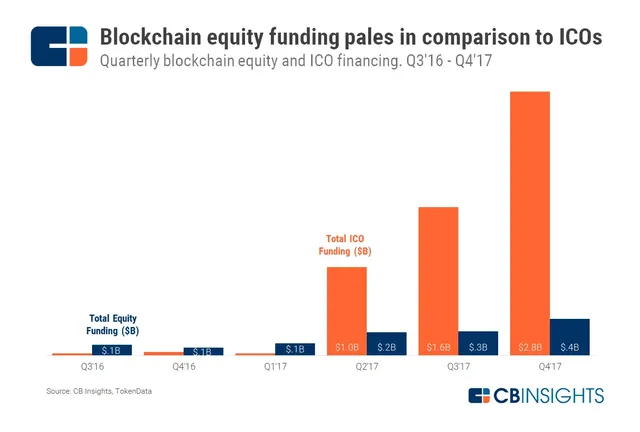
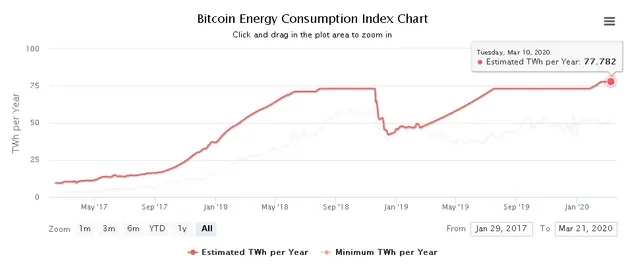
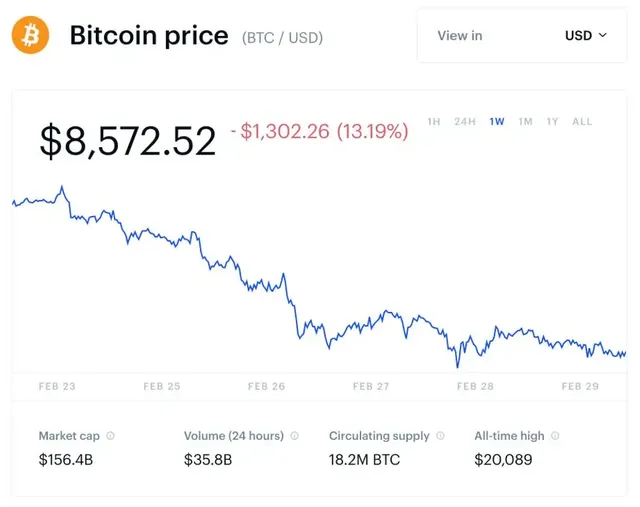
@tipu curate
Upvoted 👌 (Mana: 8/16 - need recharge?)
Hey @creativeblue thank you for curation.
@rishabh99946 very nice article , and as per me bitcoin will change the world economy sooner or later.
Yes @adityajainxds bitcoin is huge